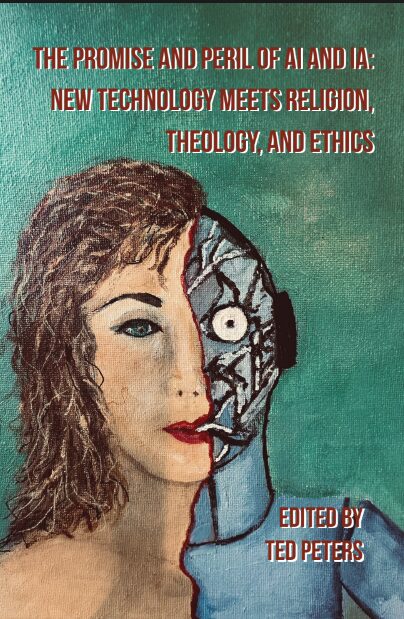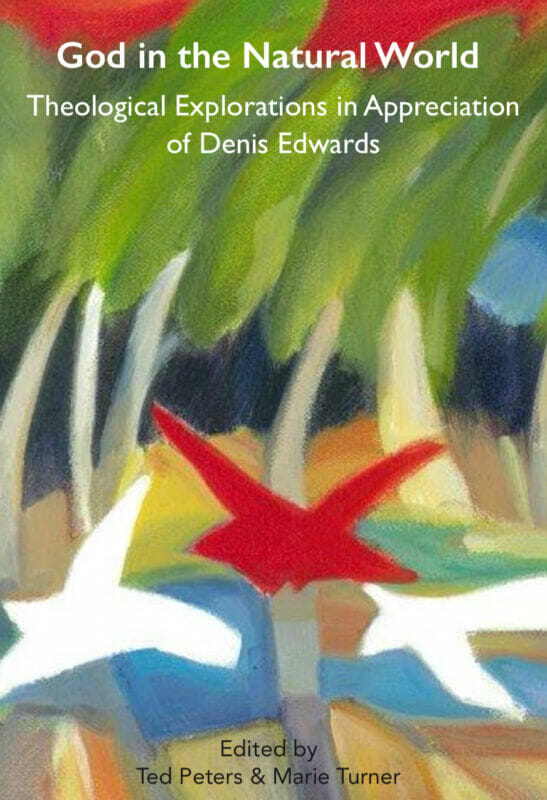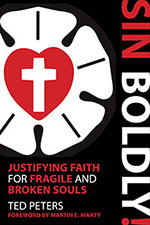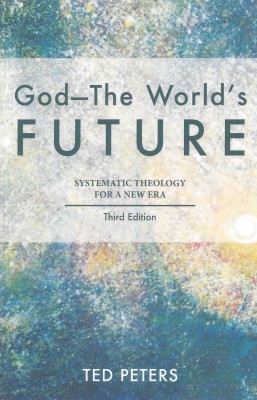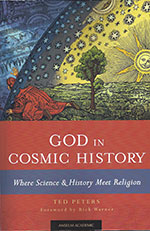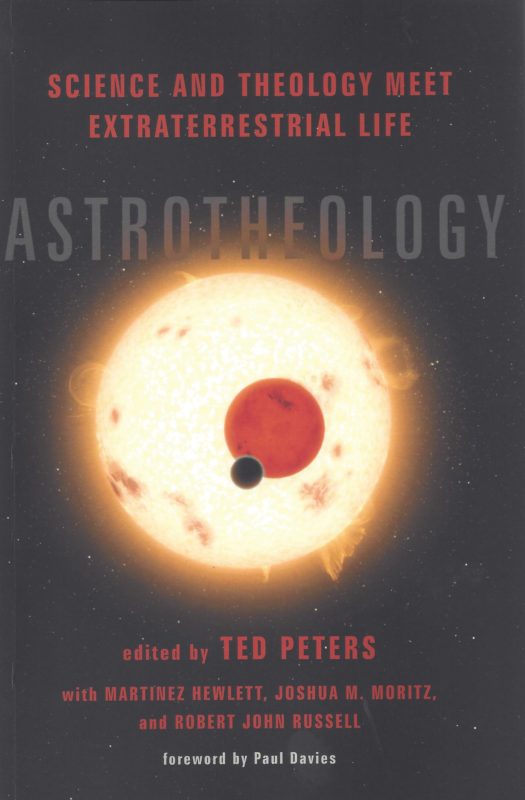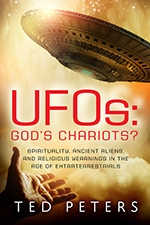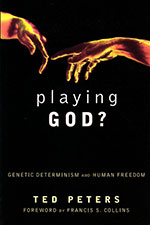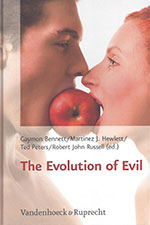The Promise and Peril of AI and IA: New Technology Meets Religion, Theology, and Ethics
About the book
How should public theologians and social ethicists assess, anticipate, and amend the projected path taken by Artificial Intelligence and Intelligence Amplification? With the advent of generative AI along with large language models, suddenly our techie whiz kids are sounding the fire alarm. Will a Frankenstein monster escape its creator’s design? Will more highly evolved superintelligence render today’s human race extinct? Is this generation morally obligated to give birth to a tomorrow in which we outdated humans can no longer participate? This book collects foresighted analyses and recommendations from computer scientists, neuroscientists, AI ethicists, along with Christian and Muslim theologians.
Features of the book:
- A comprehensive exploration of AI's implications for religion, theology, and ethics.
- Detailed discussions on human identity, moral agency, and consciousness in contrast to AI.
- Insights into how AI technologies are transforming religious practices and beliefs.
- Perspectives on the ethical responsibilities tied to developing and integrating AI into society.
- Contributions to the broader dialogue between technology, theology, and ethics.
Perfect for theologians, ethicists, and anyone curious about the ethical dilemmas of our technological age, this book offers a critical lens to navigate the intersection of faith and innovation.
More info →God in the Natural World: Theological Explorations in Appreciation for Denis Edwards
God in the Natural World: Theological Explorations in Appreciation for Denis Edwards, co-edited with Marie Turner, Adelaide, Australia: ATF Press, 2020.
This collection of essays is a fitting tribute to Denis Edwards, who was one of Australia’s leading theologians. In exploring the most challenging questions of our time, these essays canvas some of the great themes of Christian theology that were the focus of Edwards research. Denis Edwards was a theologian of dialogue: dialogue with our rich theological tradition, dialogue with science, dialogue with contemporary theologians. The contributors to this volume enter into a dialogue with substantial parts of the theological output of Denis Edwards. In the process, they capture something of his humanity, his love of creation, and his concern for our common home. The book demonstrates the commitment Denis Edwards had to a theology that is truly ecumenical and always learning from the insights of others. The editors and authors have done a great service in helping many others to deepen reflection on Denis Edwards’ contribution to our understanding of God and the natural world.
More info →Sin Boldly!: Justifying Faith for Fragile and Broken Souls
Can faith as trusting God make a difference? Absolutely&3151;by relieving our anxiety over self-justification and the need to scapegoat others. When we discover we don't justify ourselves because God has justified us, we become free. What Sin Boldly! points to is the presence of the crucified and living Christ in the human soul, placed there by the Holy Spirit. And this becomes transformative.
More info →GOD the World’s Future: Systematic Theology for a Postmodern Era
God–The World’s Future is Ted Peters’ magnum opus, his most complete work. Now in its second edition with a third edition under way, this complete though brief text in systematic theology is used widely in English speaking and Korean speaking seminaries. It’s central theme is the gospel, defined as telling the story of Jesus with its significance. Part of the significance of the Jesus story is the prophecy that a new world is coming, a new creation that retroactively transforms our lives now, in the present.
More info →God in Cosmic History: Where Science & History Meet Religion
Using the principles of “Big History,” Ted Peters’s God in Cosmic History: Where Science and History Meet Religion broadens the scope and method of traditional history in order to make room for the all-important God question. This expanded history pauses on the “Axial Age” of human history: a moment during the first millennium in which questions of transcendence first simultaneously arose in distinct locations around the world. By exploring this threshold in cosmic history, Peters demonstrates the way the arrival of the God question marked a radical new human consciousness, one that ultimately laid the groundwork for the modern age.
More info →
